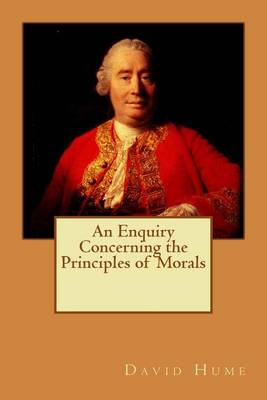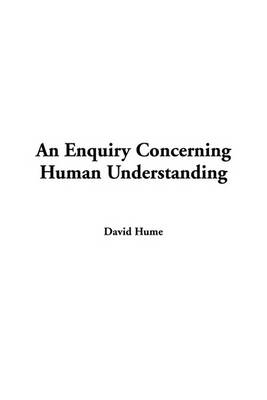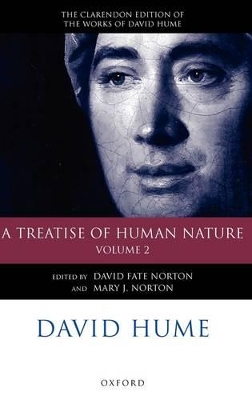Clarendon Hume Edition
1 primary work • 3 total works
Book 4
In his antireligious Essay On Miracles, David Hume reiterates a simple message: No testimony is sufficient to establish a miracle, unless the testimony be of such a kind, that its falsehood would be more miraculous, than the fact, which it endeavors to establish.
How do we come to have ideas about the world and about the relationships of objects we perceive therein? Is all impressed upon the senses from outside or does the human mind have a significant role to play in how such concepts as "causality," "probability," "necessity," "contingency," "miracles," and...Read more
How do we come to have ideas about the world and about the relationships of objects we perceive therein? Is all impressed upon the senses from outside or does the human mind have a significant role to play in how such concepts as "causality," "probability," "necessity," "contingency," "miracles," and others are to be understood? If so, what is the nature and extent of that role?
In this classic work of early modern epistemology, Hume offers important insights about how we come to understand and have knowledge of our world and, in so doing, alter our relationship with it.
In this classic work of early modern epistemology, Hume offers important insights about how we come to understand and have knowledge of our world and, in so doing, alter our relationship with it.
David and Mary Norton present the definitive scholarly edition of one of the greatest philosophical works ever written. This second volume begins with their 'Historical Account' of the Treatise, an account that runs from the beginnings of the work to the period immediately following Hume's death in 1776, followed...Read more
David and Mary Norton present the definitive scholarly edition of one of the greatest philosophical works ever written. This second volume begins with their 'Historical Account' of the Treatise, an account that runs from the beginnings of the work to the period immediately following Hume's death in 1776, followed by an account of the Nortons' editorial procedures and policies and a record of the differences between the first-edition text of the
Treatise and the critical text that follows. The volume continues with an extensive set of 'Editors' Annotations', intended to illuminate (though not intepret) Hume's texts; a four-part bibliography of materials cited in both volumes; and a comprehensive index.
Treatise and the critical text that follows. The volume continues with an extensive set of 'Editors' Annotations', intended to illuminate (though not intepret) Hume's texts; a four-part bibliography of materials cited in both volumes; and a comprehensive index.


